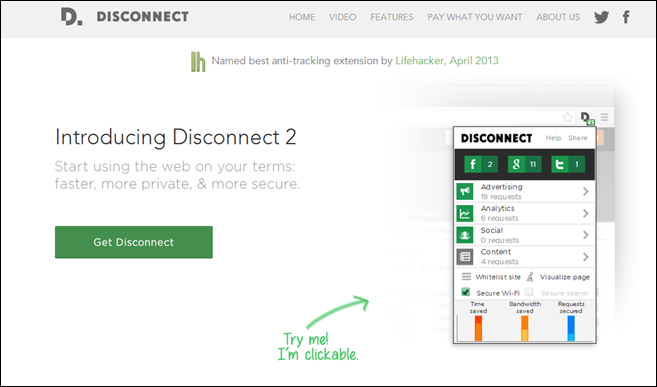
However, a Firefox-specific extension comes with additional features that make using one convenient.

If you already use a VPN on your desktop computer, you don’t necessarily need a VPN browser add-on, as your traffic will still go through the encrypted VPN tunnel. No browser can do this, and it ensures your online searches remain private. They mask your real IP address with a fake one. VPNs encrypt all internet traffic flowing through your device. Private Browsing also doesn’t protect you from keyloggers or spyware that may be installed on your computer.” Your internet service provider, employer, or the sites themselves can still gather information about pages you visit. “Private Browsing doesn’t make you anonymous on the internet. However, just browsing the web with Firefox won’t protect your online privacy and security – you can still be tracked or hacked.Įven Firefox’s Private Browsing – which erases passwords, cookies, and history – doesn’t make you completely safe. With some configuration, we recommend Firefox as the best browser for privacy. There’s some truth to the statement above.

We’ve chosen these VPNs based on their security standards, streaming capabilities, and secure server ranges.įirefox has a reputation for being more privacy-friendly than Google Chrome. Rest assured, though, that the Firefox extensions we recommend are fully encrypted (Windscribe aside).

Most are just web proxies that don’t encrypt your data transfers, and many also log your browsing data.įirefox’s own Mozilla VPN, has privacy issues and Firefox’s Private Browsing mode simply isn’t enough to protect your web browsing privacy and security. Sadly, there are many VPN add-ons not worth your time. Windscribe: Best proxy extension for Firefox.Hotspot Shield: Good paid and free extension.



 0 kommentar(er)
0 kommentar(er)
